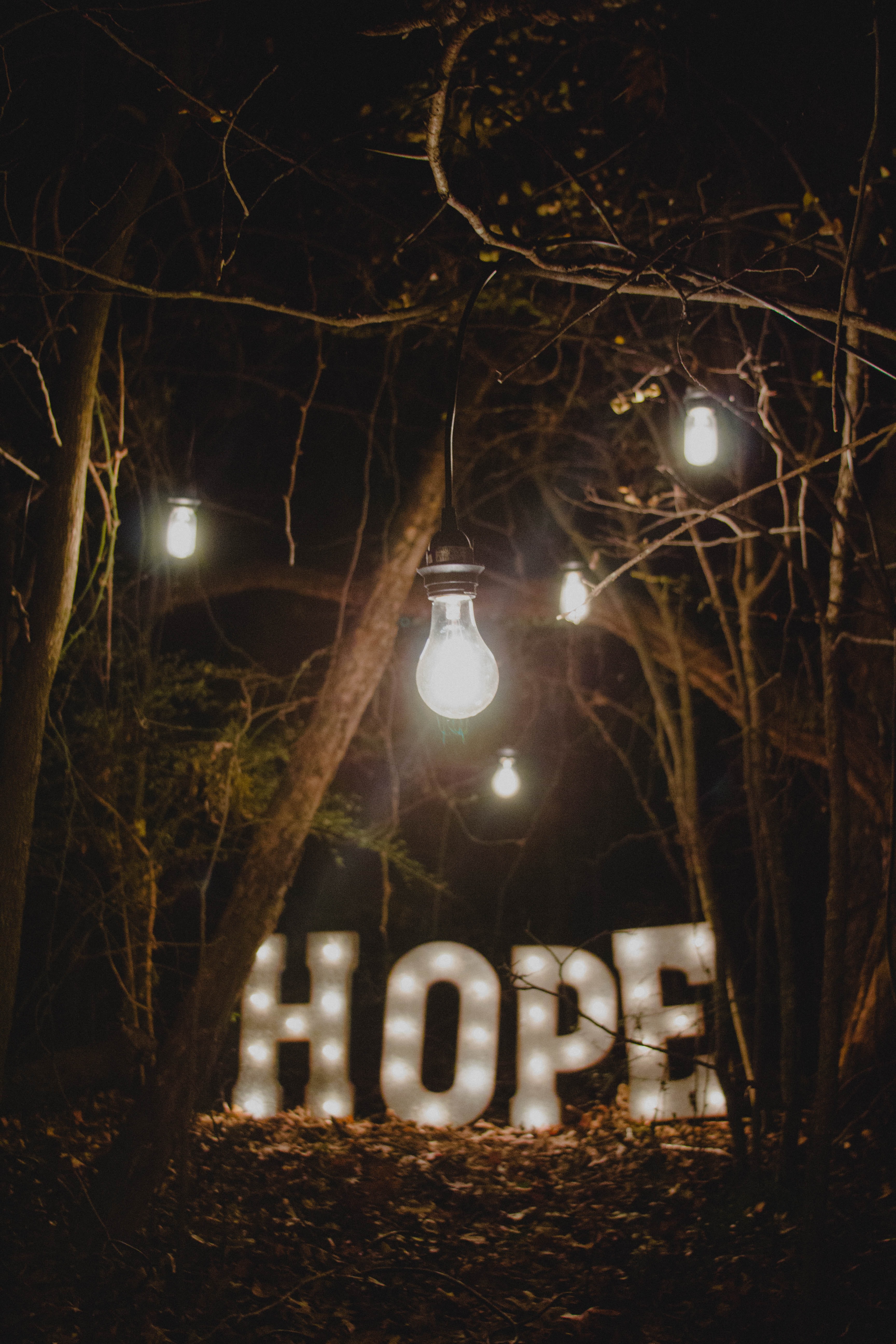
Our ancestors lived through wars, the Great Depression, the bubonic plague and other cruel oppressors, but COVID-19 crushed our way of life and proved to be the ultimate stress test to our survival. It opened the door to the beast of poverty baying outside and gave rise to panic and heart-wrenching pain. But it made us revisit something else too – the legacy of hope.
My parents were born during World War II against a backdrop of austerity and uncertainty. They inherited the bitter legacy of slavery but told me stories that reminded me to choose optimism over oppression. This hope plotted my own brand story.
Here is one of their stories from Boss Branding: Seven Ways to Craft a Legendary Brand Story:
“ In 1877, a 22-year-old man got off a ship. His hazardous journey had not diminished his lean, athletic build, or the unruly black curls falling over his bronzed skin. Kartik’s warm-brown eyes and megawatt smile lit his face into a beacon of hope. He looked at the emerald ocean, golden sands and blue skies, and took his nineteen-year-old bride’s hand in his. She was petite, barely reaching her husband’s shoulder. They had left their families to seek a better life, in a land far, far away from their life of poverty and struggle. They both smiled at each other – it was true. A land of such beauty felt like paradise. The promise of a sweet life lay before them. The only thing they had to do to enjoy this sweet life was work hard. This, they could do. Easily. Kartik was young, strong, hardworking, and determined. He would work his heart out to serve his employer in a five-year contract. His wife Vali would do the same, but she would be paid less than her husband (I’m thinking the same…we are still 216 years away from gender parity). After that, they would renew their contract, return home, or become independent workers. However, the government knew they were cheap labour, so they tried to sweeten the deal and offered them land when their contract expired. Another passenger disembarked, he was thirty years old. Ram’s dove-grey eyes squinted against the brilliant sea, as the soft winter breeze cooled his skin. Like all the other passengers, he was dressed in filthy rags, but Ram had the gentle face of a poet.
Kartik, Vali and Ram were flogged, worked from before sunrise to after sunset, fed meagre, half-cooked rations and lived in crowded corrugated iron barracks, which provided no protection from the sweltering subtropical heat or the cold winter nights. Many of their co-workers committed suicide or deserted. These human rights violations meant that they went from indentured labourers to slaves. Of course, they had never signed up for this. Who signs up for slavery? The British government in the province of Natal, and the British in India, arranged for indentured labourers to work in the sugarcane plantations in South Africa. Indentured labourers signed their contracts with thumbprints. Right from the start, the implicit terms of trust and confidence were broken…Their children and their children’s children fought for generations. They fought slavery, apartheid, bullying, victimisation, harassment…
Their blood runs through my veins. Kartik and Vali were Dad’s grandparents. Ram Singh’s eldest child was Mum’s father…
…He was fortunate as his generation broke free of slavery, and at sixteen, he secured his first job as a waiter at a hotel. He woke up at five every day, dressed and then, as the pipe often froze, he washed in icy water that trickled out reluctantly from the tap. He shivered beneath his threadbare coat and tucked his thick curls beneath his cap. His mum handed him freshly made bread and a mug of hot sweetened tea. He cycled to the hotel in the pitch dark, his only guide, the gleaming frost. Grandad dreamt of owning a little car one day, so his neatly pressed trouser hems didn’t get wet in the spiky-cold grass. His meagre wage made a huge impact on the family budget.
Grandad went on to become a serial entrepreneur. He had five very different thriving companies. Public transport was one of them and he ended up owning five buses. He also had a live-in chauffeur. In his spare time, he pursued his first love – sport – and he eventually owned and managed a local football team.”
I was born during the apartheid era, and like all African babies, together with our mothers’ sweet milk, we inadvertently sipped the insidious poison of racism. However, we were nourished by something else too.
We were fed hope. It is this legacy of hope that nurtures my children. Because hope means we will prevail. Even during the darkest of times as we battle the deadliest oppressor of them all.

